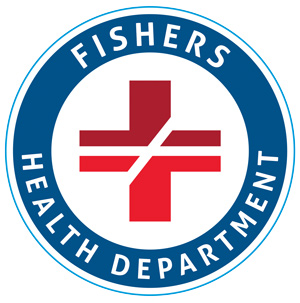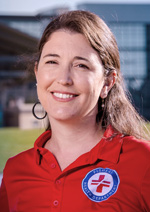LCSW will coordinate with city’s health department
Fishers Fire and Emergency Services announced Tuesday with the Fishers Health Department that Fishers Fire has received a grant totaling $250,000 from the Indiana Department of Health to hire a Licensed Clinical Social Worker (LCSW).

 This grant is part of the state’s Health Issues and Challenges program, which was established by the Indiana General Assembly in 2021 with funding from the American Rescue Plan Act.
This grant is part of the state’s Health Issues and Challenges program, which was established by the Indiana General Assembly in 2021 with funding from the American Rescue Plan Act.
The LCSW will coordinate follow-up efforts between the Fire Department’s WeCare Community Paramedicine program and the Health Department to provide temporary counseling and connection to care for individuals experiencing an acute mental health episode.
In a rebranding of Fishers Fire’s current program to WeCare-Connect, the social worker will work with community paramedics, existing Public Health Nurses (PHNs), Health Educator, and Community Risk Reduction Specialist to expand current services to all potentially preventable incidents of both a behavioral and physical health perspective, and to provide post-acute follow-up, social support services, medication reconciliation, fall risk reduction, and education to ensure that all patients are connected to appropriate programs and services.

Heltz
“The Fishers Health Department and Fire and Emergency Services partnership, through the support of this grant funding, will serve to fill a gap in care between emergency response and preventative care,” Fishers Public Health Director Monica Heltz said. “We anticipate that this program will have a lasting impact on the health and wellness of not just those in need of emergency services, but also, through coordination of resources, to all residents through the preventative focus of this program.”
The City of Fishers Fire Department is one of more than 150 entities to receive funding for the Health Issues and Challenges program, which focuses on the following priority areas: tobacco use, food insecurity/obesity, lead exposure, hepatitis C, chronic disease, public health prevention programs, substance use disorder and community health workers. Priority was given to applicants that demonstrated high need and high impact in their grant proposals.
The state awarded more than $35 million statewide in the initial round of funding.
